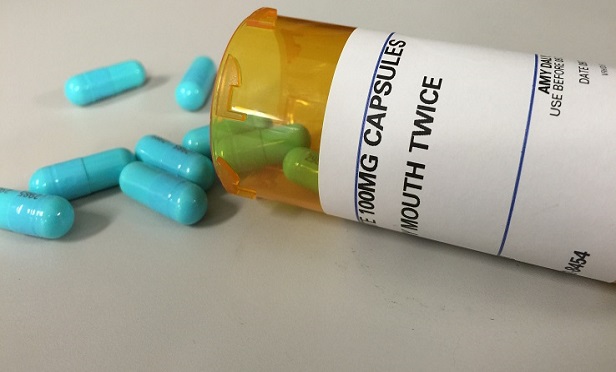
 (Photo: Allison Bell/TA)
(Photo: Allison Bell/TA)
One long pharma industry nightmare is over, now that Martin Shkreli has been sentenced to seven years in prison for defrauding investors. Another nightmare for which Shkreli was the poster child — the controversy over U.S. drug-pricing — goes on.
I haven't examined Shkreli's innermost soul, and he claimed at his sentencing hearing to have been changed by his trial and time in jail. But he has done an awfully good impression of a bad person. He defrauded investors. He took a decades-old, life-saving drug needed by vulnerable patients, raised its price by more than 5000% and then gloated about it. He harassed and threatened reporters. He once sported a Pepe the Frog pin on Bloomberg television, because wearing a symbol embraced by internet Nazis is hilarious.
But he's just a uniquely obnoxious symptom of, and a convenient scapegoat for, larger issues in the drug industry. Shkreli's fraud conviction stemmed from his hedge-fund days — everything he did with drug prices remains legal.
There may never be another drug-industry villain as compelling as Shkreli, but the system that produced him is still going strong. And it should keep inspiring fresh outrage.
Old medicines are still sold at inflated prices because there's no mechanism to compel drugmakers to lower them. Valeant Pharmaceuticals International Inc. massively increased the price of Glumetza — an extended-release version of metformin, a drug discovered nearly a century ago and approved in the U.S. in 1995 — after buying it in 2015. Valeant is under new management but still benefits from the inflated price: The drug was its 10th best-selling product in 2017 and generated $133 million in revenue.




